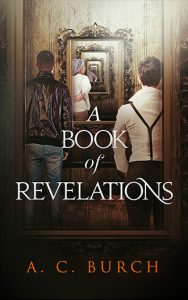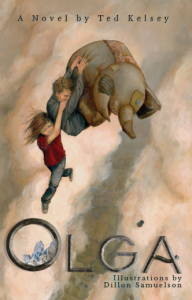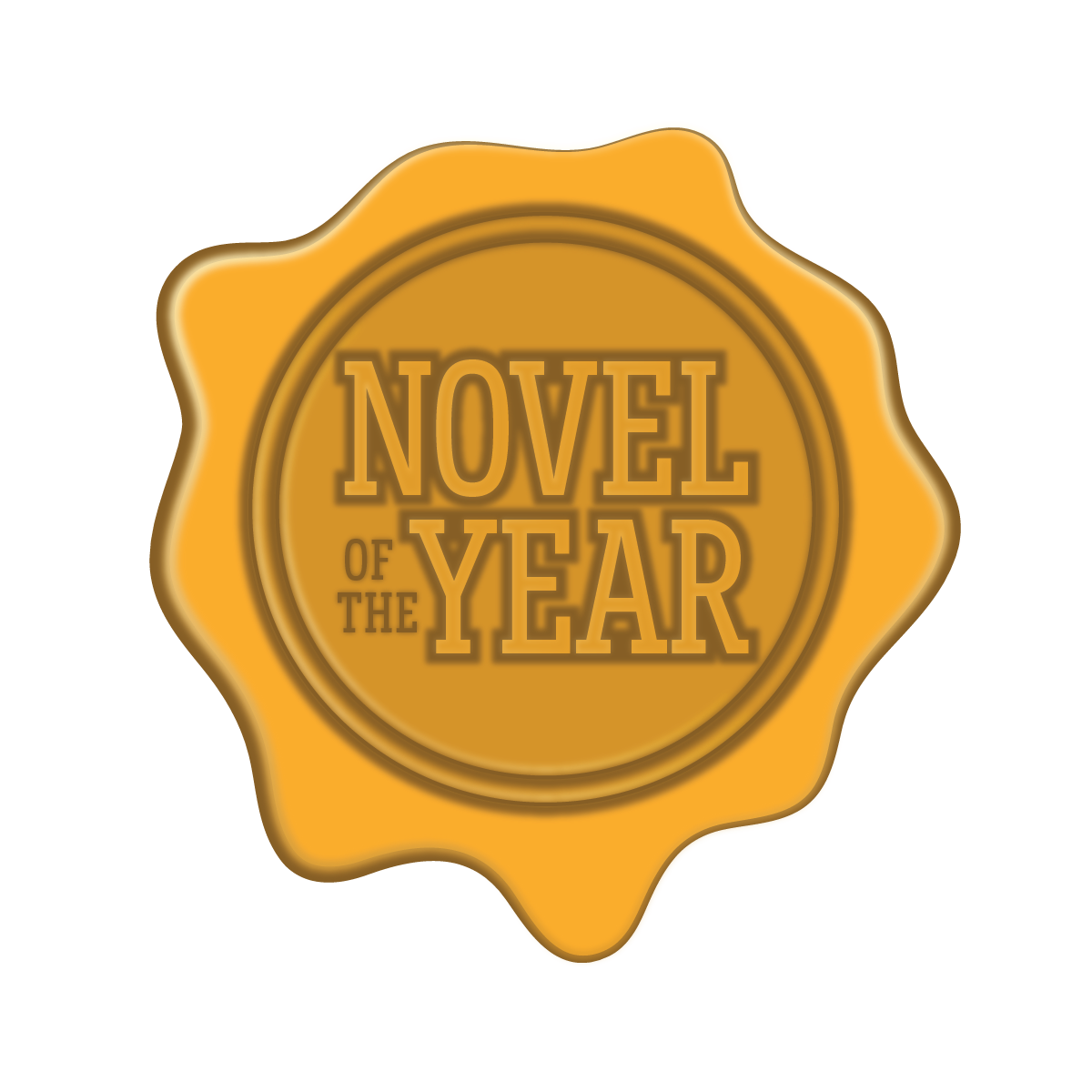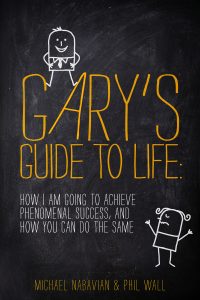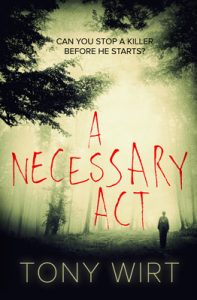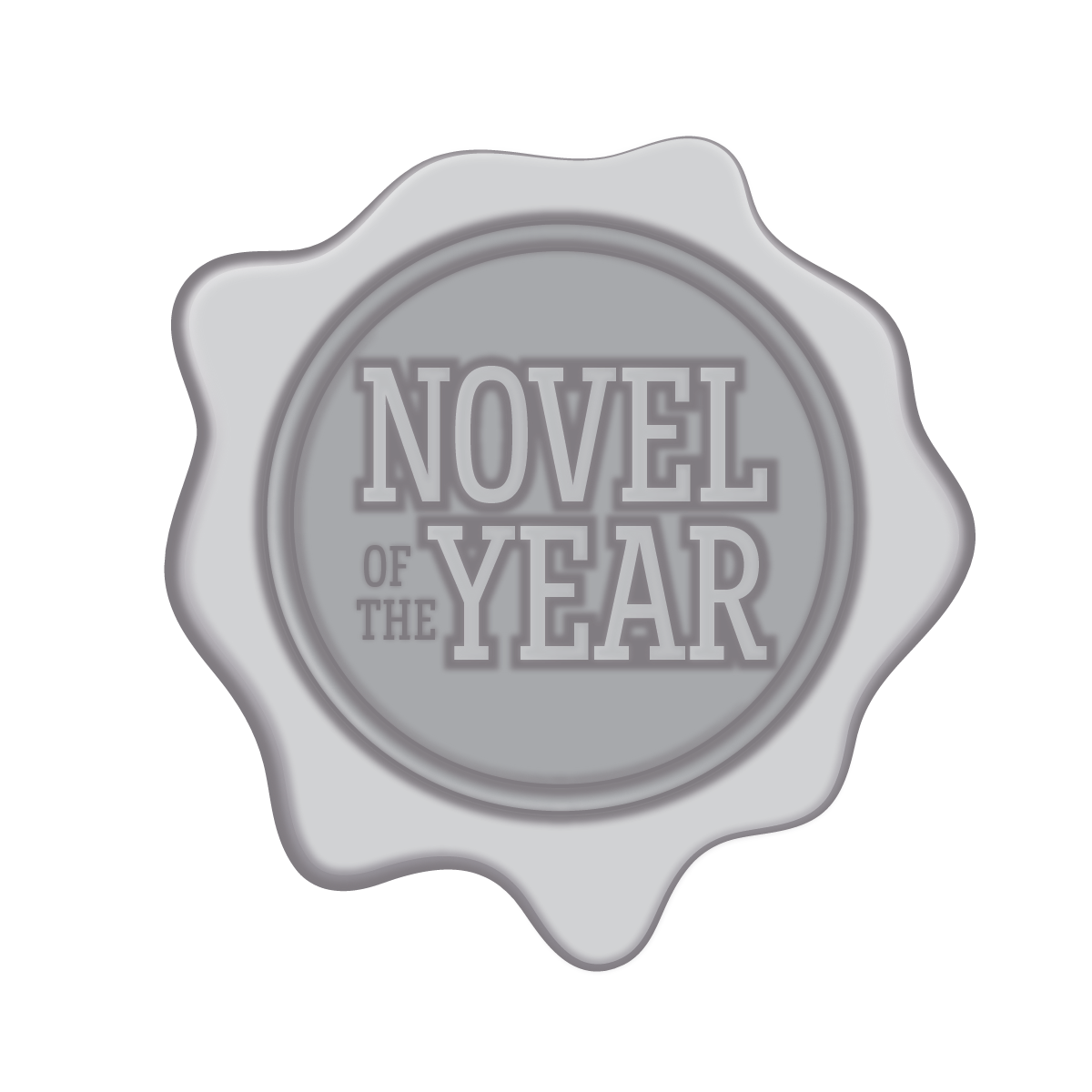The Rundown
The Recommendation
The Rating
The Links
The Reviewer
Lynne Hinkey
Visit Lynne Hinkey‘s website.Dear Author/Agent/Publicist,
Thank you for your review request. I am honored that you'd trust me with that responsibility. Yes, I'm flattered, but are you sure about that?
Have you looked at my tagline? You know, the one right up there in the header on my website homepage, splashed across my business cards, and the first line of my bio? Let me refresh your memory:
Lynne M. Hinkey: Author, Marine Scientist, Curmudgeon
If that doesn't give you pause, perhaps you should look up "curmudgeon" in the dictionary. Go on. I'll wait.
I know what you're thinking: but look at the first word in her tag line. She's an author so she'll know how tough the publishing world can be.
Let me dispel any misconceptions about my empathy that first word may suggest. Yes, I am an author, so yes, I do understand.
Here's what I understand:
I understand that a few typos can slip into a manuscript even after:
- two runs through the critique group
- 2-3 beta readers
- the professional editor (that didn't come cheap)
- the publisher's editor (if you have a publisher) or another pass by a few select and nitpicky readers (if you don't) and,
- a final review of the galleys (where you find some errors, correct them, find some more, correct them, and make a very, final, last-ever-before-printing change to the galley)
That's the process I went through with my own novels only to open that first, hot-off-the-presses copy and find a few errors. I understand mistakes happen despite our best efforts.
I understand the ensuing mortification that comes from thinking someone will suspect I'm an idiot or that I was so anxious to publish I didn't bother to proofread.
Mostly, I understand if you haven't gone through something close to that degree of care when editing, your book probably isn't ready to be published.
I know firsthand, the agony of querying, waiting, and accumulating rejection letters. And I now understand those were often wake-up calls indicating I wasn't ready. I needed time to learn more about my chosen craft, hone my skill, and evolve.
I understand working at one's writing craft for long, difficult years, squeezing in the time to write around other commitments (the ones that pay the bills). I've had my ego, swollen by years of being told what a good writer I am, trampled by writing groups and classes full of other "good" writers. I understand that good isn't good enough, and the work needed to go from good, to better, to maybe being ready to publish. I know it doesn't happen by magic, or through sheer will, but through effort and hard work and practice.
I know the resilience it takes to put pen to paper (or fingers to keyboard) once again, after you've poured your heart into a novel only to have your queries met by the deafening silence of non-responses. I also know the shame of looking back at those early efforts ("Did I really dare send this unrefined, adolescent endeavor out into the world?") I know about those premature ejaculates shoved into the dark recesses of a drawer somewhere (and rightfully so)--you know, the ones that later serve as lessons in humility, the inexpert, heavy-handedness of the tyro writ large across their pages. They buoy us with the solid evidence of progress, showing how far our writing has come, and they prod us to keep improving by reminding us that we thought our writing was good enough then, too.
Yes, dear author, as a fellow writer, I am fully cognizant of your plight. I understand if you haven't gone through something close to that degree of anguish, failure, then overcome it and tried again, harder, better armed, better able---you aren't ready to release your work out into the world.
As a busy curmudgeon, I jealously guard my limited and precious reading and writing time. If you haven't invested the time and effort needed to develop your craft beyond its raw, novice stages, and to ensure your work is the best you're capable of, why should I?
If I haven't frightened you away and you'd still like to request I review your book, here's what you can and can't expect:
Unless you've reached the pinnacle of your writing abilities and have produced a masterpiece, don't expect five stars. Besides author and curmudgeon, the marine scientist part of me is a college professor. I equate stars with grades and here's a breakdown of my grading system.
A = 5 stars. Exceptional. Everything about this book is close to perfect. There are fewer than 4 errors per 100 pages (see, I'm sympathetic), well-developed scenes, characters, and plot, appropriate pacing for the genre, and (as appropriate) it meets the expected conventions of the genre.
B = 4 stars. Above average. While not perfect, this book has few errors (no more than 6 or 7 per hundred pages), is engaging, well-developed and executed, meeting the conventions of the genre (as appropriate), although some component of it (writing, setting, characters, or plot) falls short.
C = 3 stars. Average. This is the grade the majority of students will earn, and the rating the vast majority of books deserve. They're good. Not great. Authors who have edited, revised, rewritten, and re-edited, should expect this rating, meaning your book is just as good as the majority of books out there. It's good enough.
If your book earns a D (below average or severely flawed) or an F (utterly fails to meet the minimum level of quality expected of a published work) I probably won't get past the first page, and I won't select it for review.
If my refusal to give out 5-star ratings willy-nilly offends, well, I'm probably not the reviewer for you. Still thinking of asking me for a review? Check that dictionary definition of curmudgeon one more time. You also might want to read my blog post HERE about negative reviews to get a better understanding of my thoughts on negative reviews.
If you are a sensitive soul and this post has made you question not only if you want me to review your book, but even if you're cut out to be an author ("If I can't have five-stars, I won't do it!"), browse your favorite books on Amazon. I'll bet they don't have all 5-star reviews. Let's take a look.
Here are some books that I'd give 5-stars (so if your book is on a par with these, expect 5-stars, otherwise, don't.)
Hitchhiker's Guide to the Galaxy by Douglas Adams: 1266 reviews (53 one star reviews)
A Wrinkle in Time by Madeleine L'Engle: 1553 reviews (87 one star reviews)
Lamb by Christopher Moore: 1296 reviews (37 one star reviews)
Those numbers should show you two things: first, just because you wrote a book doesn't mean you get all 5-star ratings. Yes, it's a big accomplishment, kudos to you for sticking with it, but the ratings aren't "attaboys" (or "attagirls") for your writerly endurance, but an indication of the quality of that effort. Not everyone gets a trophy for participating. Second, reviews are subjective. I'd give all the books above five stars, but not everyone agrees. When you don't get a 5-star review, don't get too fussed. When you do, keep your ego in check. It's only one person's opinion.
So, back to the beginning. You've asked me to review your book. Still interested? I truly am honored that you trust me with that responsibility. I don't guarantee you five stars. You'll have to earn those. I do guarantee I'll give an honest and thoughtful review.
Sincerely,
~Lynne M. Hinkey
Author, marine scientist, curmudgeon, book reviewer


